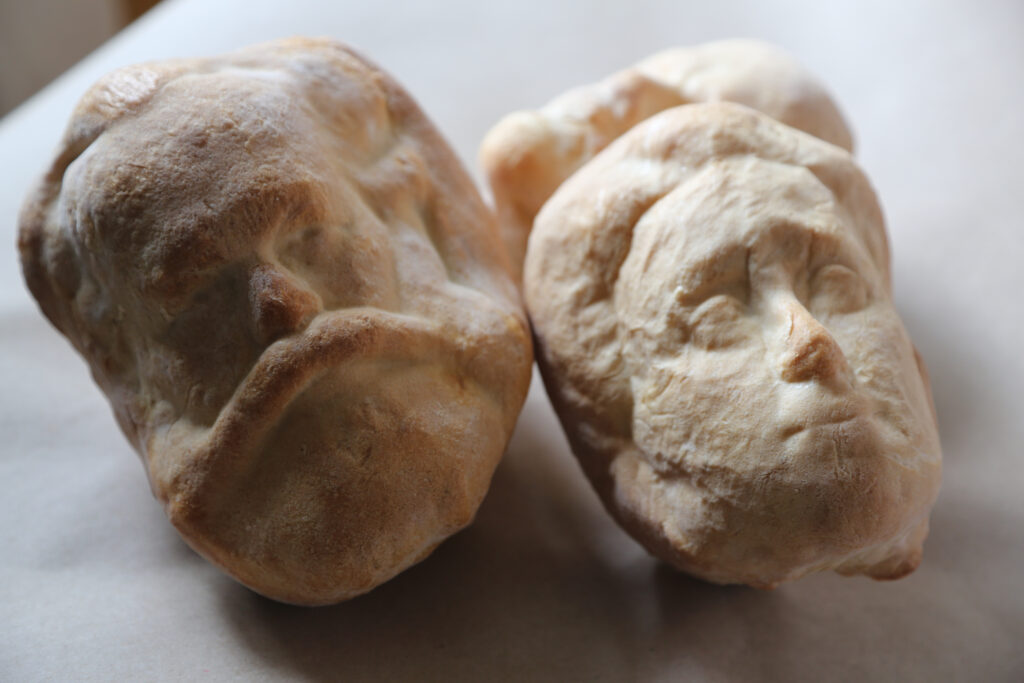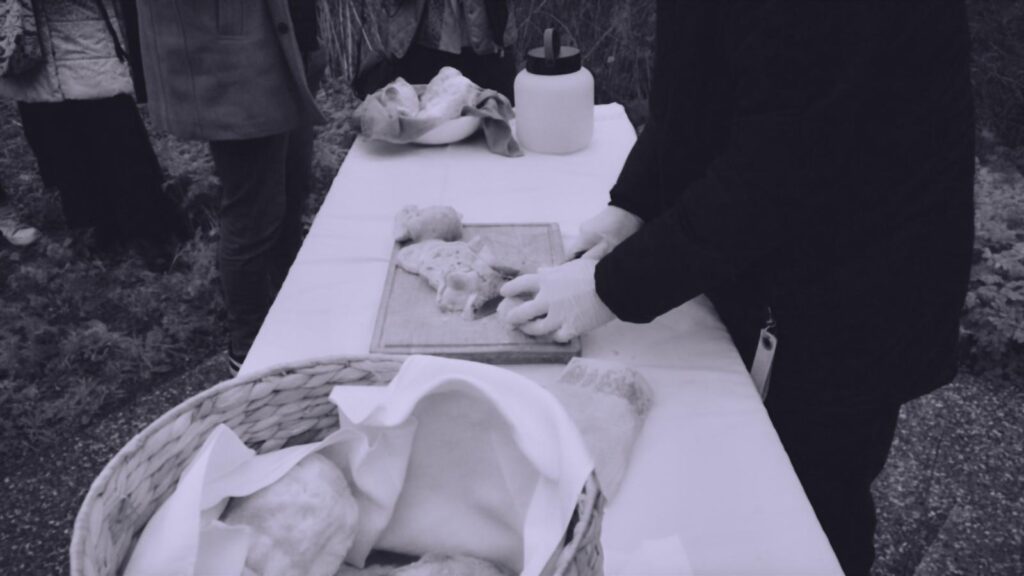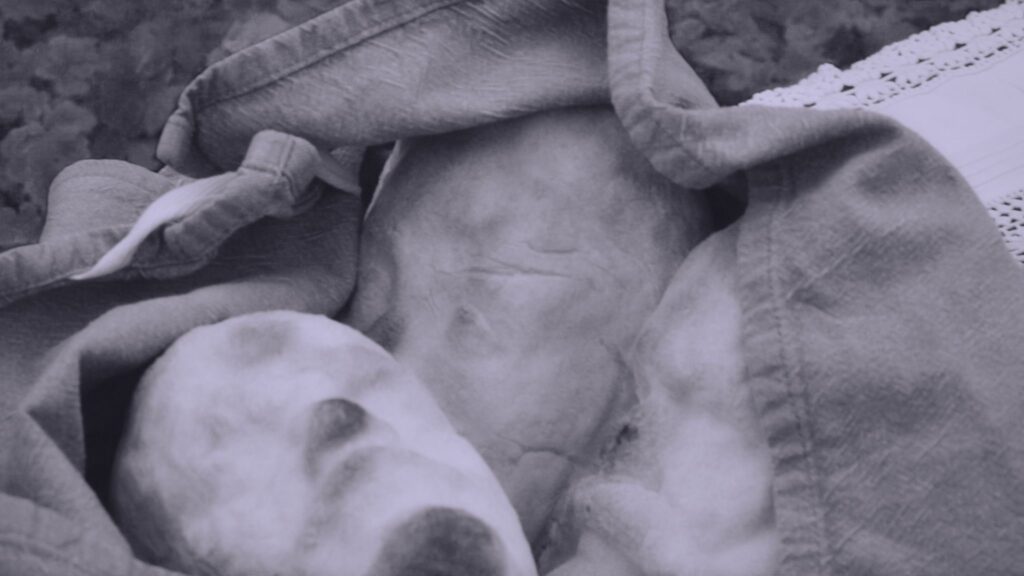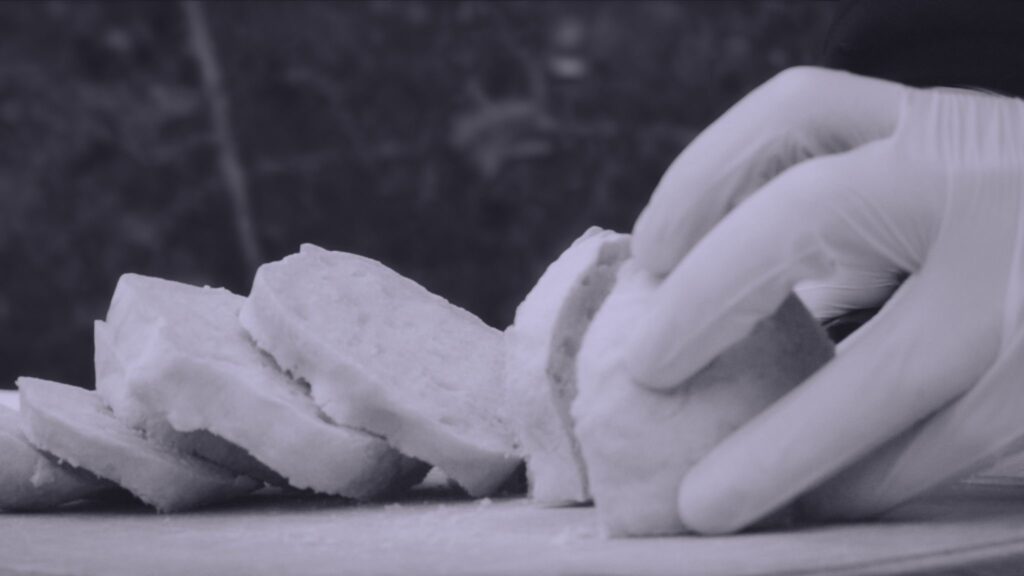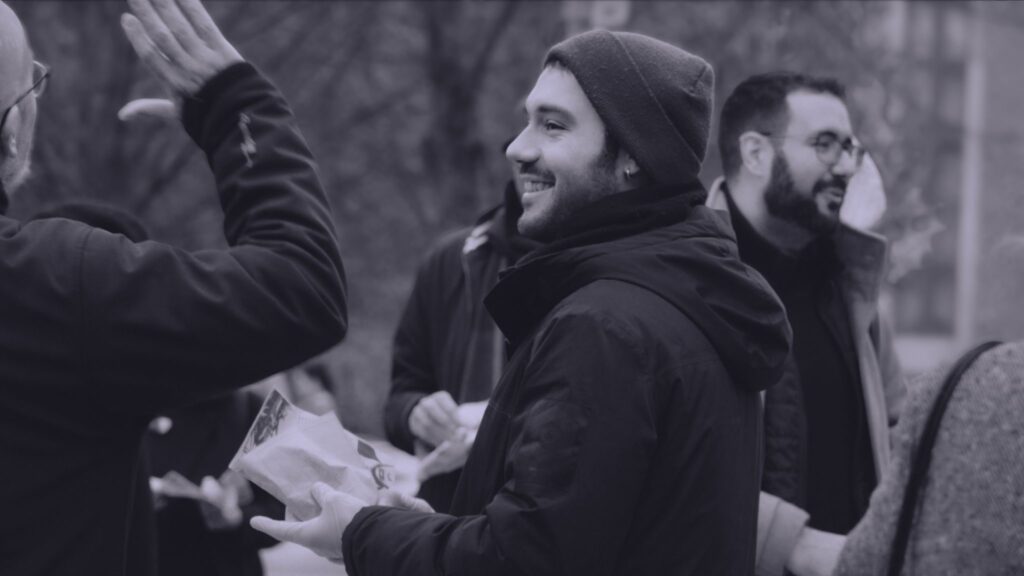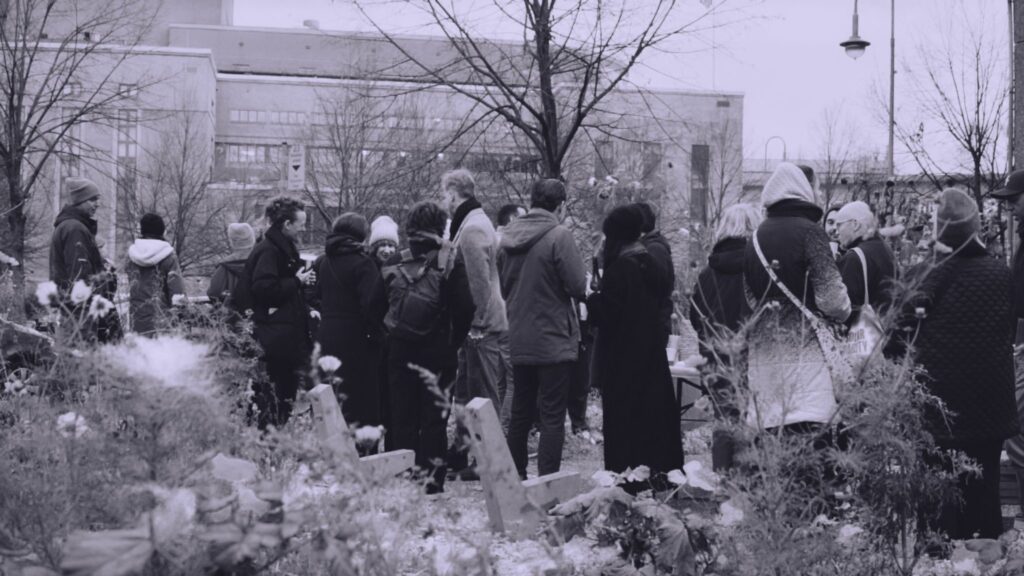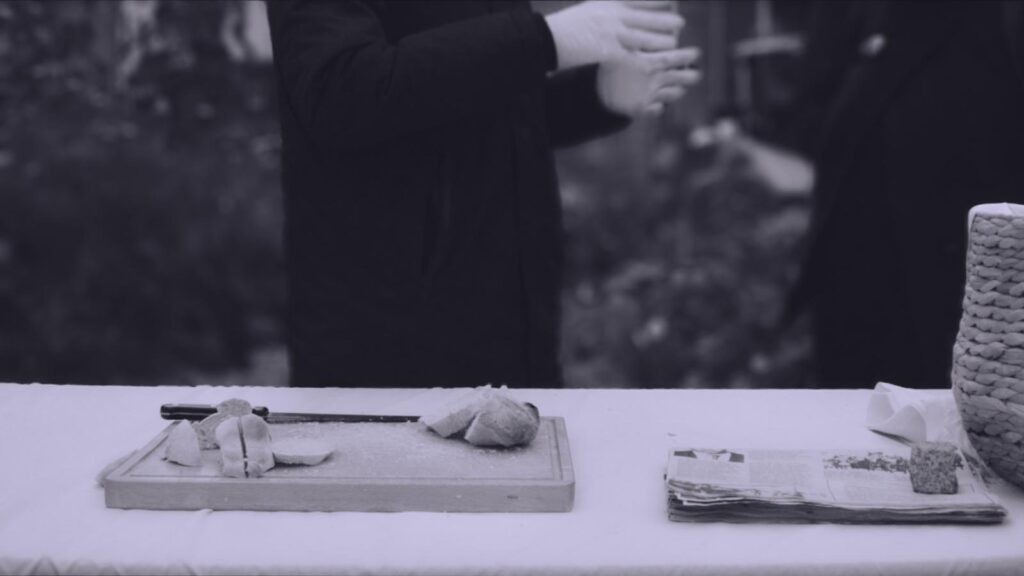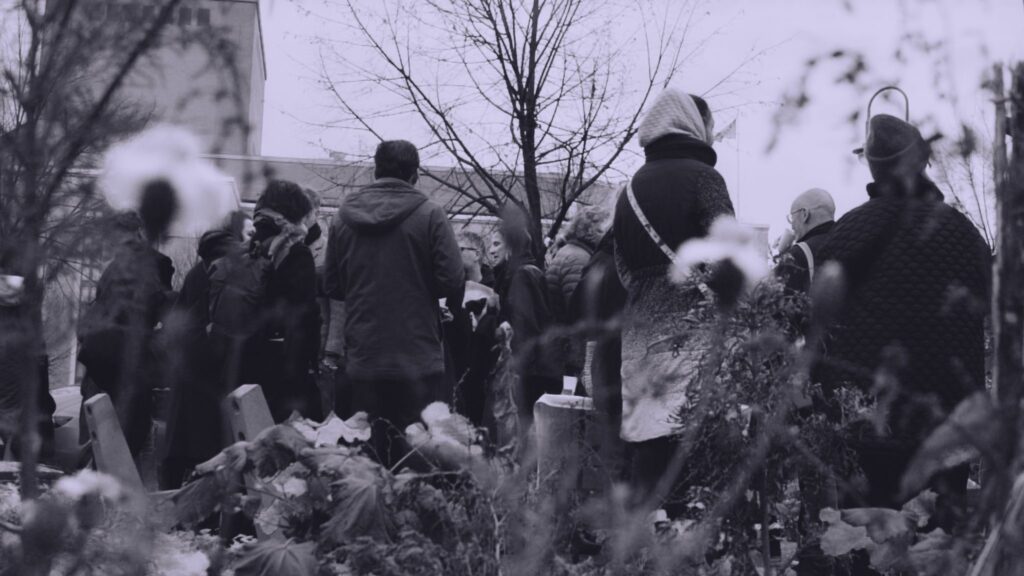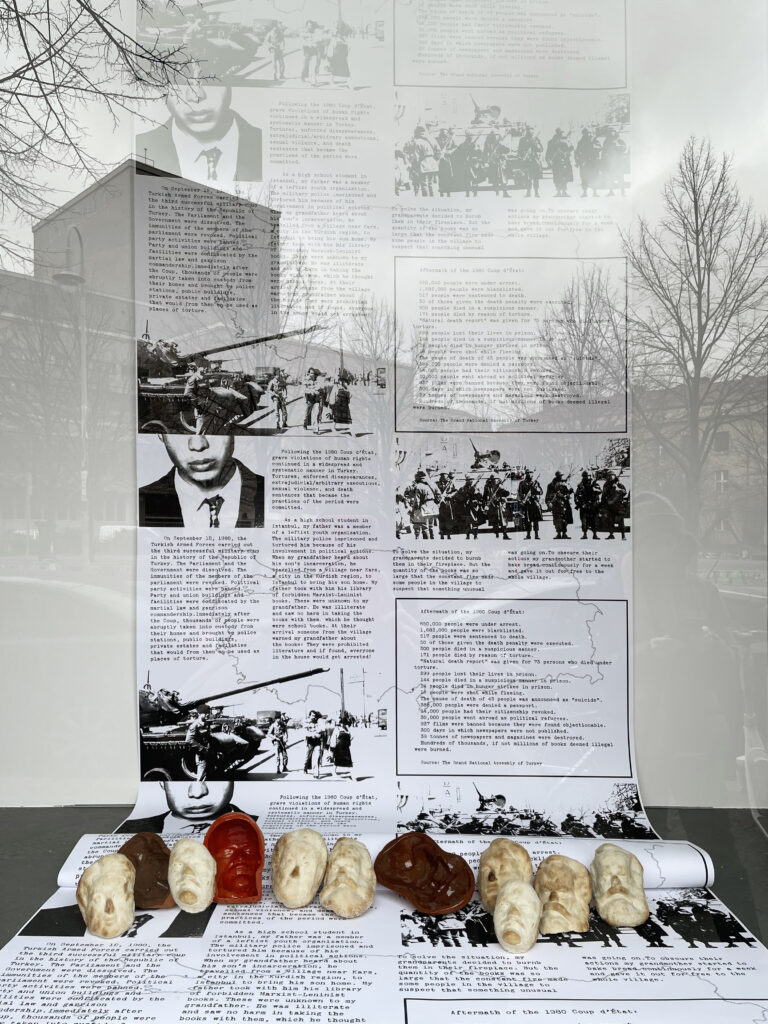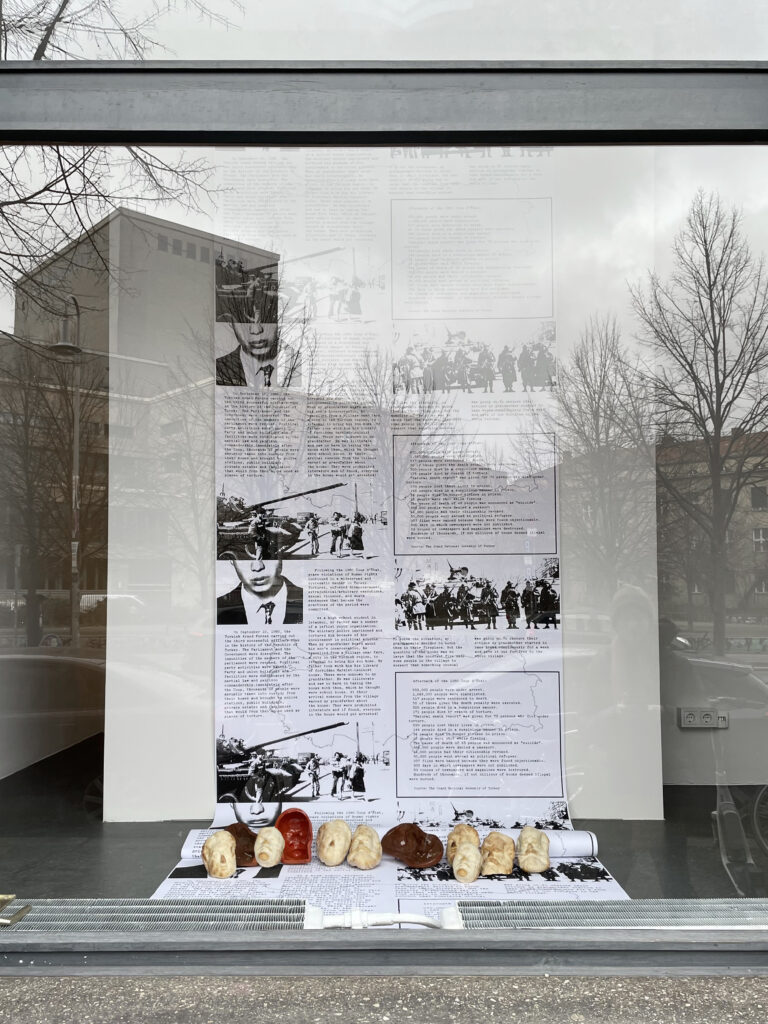Following the September 12 1980 Coup d’État in Turkey and the dissolution of the parliament and the government, thousands of people were taken into custody and tortured while grave violations of human rights were perpetrated in a widespread and systematic manner.
As a high school student in Istanbul, Baran Caginli’s father, a member of a leftist youth organisation, was imprisoned and tortured because of his involvement in political actions. When his grandfather heard about his son’s incarceration, he traveled from a village near Kars, a city in the Kurdish region, to Istanbul to bring his son home. He took with him his library of forbidden Marxist-Leninist books which he thought were school books, but on his arrival he was warned about the books being prohibited literature, so he decided with his wife to burn them in a fireplace. Because the quantity of the books was so large, Caginli’s grandmother started to bake bread continuously for a week and gave it out for free to the whole village.
Baking books is a performative action in which bread is baked in forms shaped as the faces of Lenin, Marx and Rosa Luxemburg and distributed to the public as a symbolic act of resistance against any violation of human rights, coercion and censorship.
In a special way, the work in Berlin not only honours the historical significance of the square where it takes place, but also tells a very personal story about the impact of political engagement and refers to a little-known, almost forgotten statue of Rosa Luxemburg near the square.
